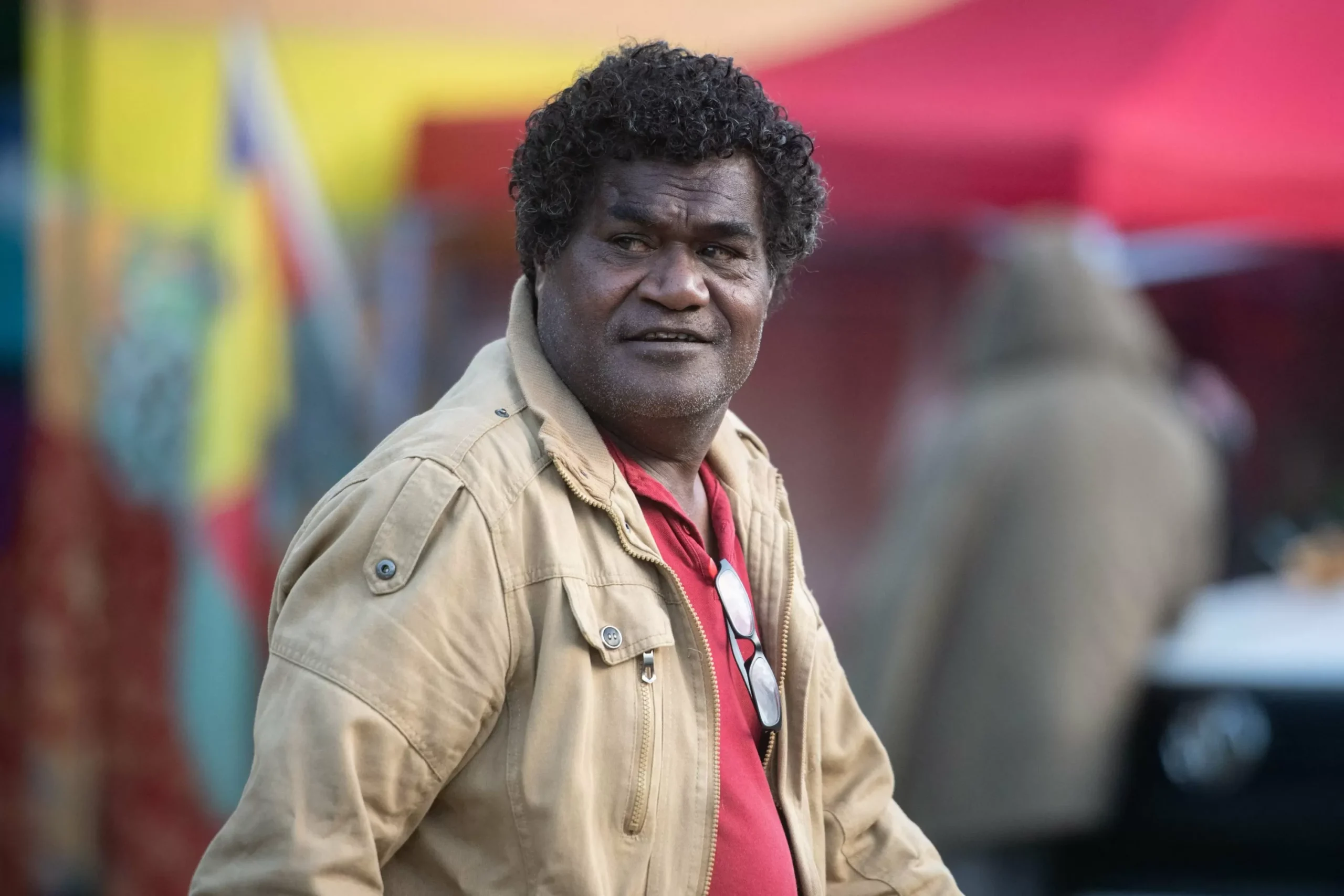French police in New Caledonia arrested Christian Tein, the leader of the Caledonian Union, on Wednesday along with seven others, sparking tension and controversy on the small Pacific island. The arrest was reportedly made in response to a protest organized by the Caledonian Union, demanding independence from France.
The Caledonian Union, also known as the UC, is a major political party in New Caledonia that advocates for the island’s sovereignty. The party has long been calling for a referendum on independence from France, which has been its colonial power for over a century. The recent arrest of its leader has added fuel to the already existing tensions between the pro-French and pro-independence groups on the island.
According to local media reports, Tein and seven others were arrested for participating in a protest without obtaining the proper permit from the authorities. The demonstration was organized outside the French High Commission in Noumea, the capital of New Caledonia. The protesters were demanding a new referendum on independence, citing grievances over socio-economic issues and cultural identity.
The arrest of Tein and his colleagues has been met with strong criticism and condemnation from the pro-independence groups. They argue that the French authorities are trying to suppress their voices and halt their peaceful movements for self-determination. However, the French government has defended its actions, stating that the protesters violated public order by not obtaining the necessary permit for the demonstration.
This is not the first time that Tein has been arrested for his pro-independence activities. In 2018, he was sentenced to a month in prison for taking part in a demonstration without a permit. Despite facing continued repression from the French authorities, Tein remains steadfast in his commitment to seeking independence for New Caledonia.
The arrest of Tein and the other protesters has sparked protests and unrest across the island. The pro-independence groups have called for a general strike and organized mass protests in response to the arrests. The situation remains tense as both sides refuse to back down from their respective positions.
The recent events have once again brought the issue of New Caledonia’s independence to the forefront. The island has a complex history, with indigenous Melanesian Kanaks being the majority population, followed by a significant European settler population, mainly of French origin. This has created a divide between the pro-French and pro-independence groups, with the latter arguing for the restoration of their cultural and political autonomy.
New Caledonia, a French overseas territory, held a referendum in 2018 on whether to remain part of France or become independent. The majority of voters chose to remain under French rule, with 56.4% of the votes. However, the pro-independence groups have pointed out flaws in the voting process and have continued their calls for a new referendum.
The French government has maintained that it respects the right of the Kanak people to self-determination and has made efforts to address their grievances. In 2018, French President Emmanuel Macron visited New Caledonia and promised a “new page” in relations with its overseas territories. Macron also acknowledged the suffering of the Kanak people during the colonization period and pledged to work towards reconciliation.
The recent arrest of Tein and the subsequent protests and strikes have put the French government’s promises to the test. Many are now calling for a peaceful resolution to the ongoing tensions and for both sides to come to the negotiating table.
In the midst of the unrest, it is crucial to remember that ultimately, the goal is to find a peaceful and lasting solution that benefits all parties involved. Violence and suppression of peaceful protests will only hinder this process. Instead, it is essential to have open and sincere dialogue between the French government, the pro-French groups, and the pro-independence groups to find a way forward.
The arrest of Christian Tein and others should serve as a wake-up call for the French government to address the underlying issues that have led to the current tensions. It is time for all parties to work towards a peaceful and democratic resolution that respects the rights and aspirations of the Kanak people.
In conclusion, the recent arrest of Christian Tein and seven others on the island of New Caledonia has once again brought to light the complex history and ongoing struggle for independence. The situation remains tense, and it is now more important than ever for all sides to engage in constructive dialogue and work towards a peaceful solution. It is time for France to listen to the voices of the Kan





![Complete BritRail Pass Guide [Types, How to Use It, Pros + Cons]](https://inside-news.uk/wp-content/uploads/2025/06/00221EB4-BCA2-4DBB-6CD4-83DBC37D71FA-120x86.webp)
















